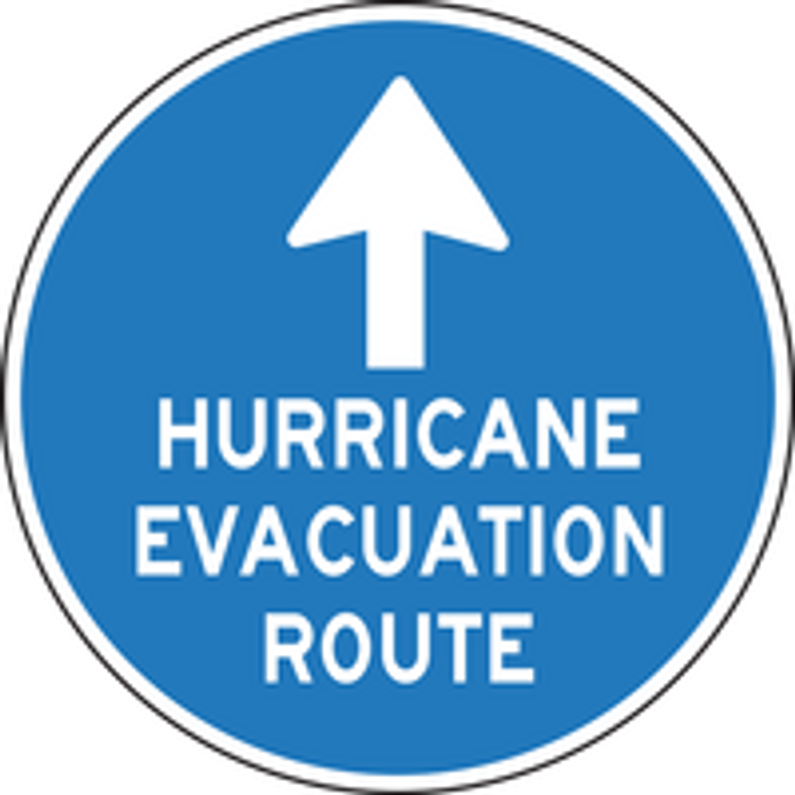Hurricane Season Safety Tips

June 1st marks the beginning of the Atlantic hurricane season. This is when the majority of tropical cyclones develop in the Atlantic Ocean, posing a serious hazard to homeowners living along the U.S. coastline and their families. While there's no way to control the weather, there are steps you can take to prepare for the upcoming hurricane season.
Learn the Evacuation Routes
If you live in or near a coastal city, familiarize yourself with the region's hurricane evacuation routes. Most cities have designated routes to facilitate the evacuation of residents during natural disasters. Evacuation routes offer the safest and most effective way to leave an area in the even of a hurricane.
Reinforce Windows with Storm Shutters
Not surprisingly, windows are among the most vulnerable elements of a home during a hurricane. The strong winds are often enough to smash glass windows, at which point water may enter the home to cause significant and costly damage. You can reinforce your home's windows by installing storm shutters on the outside. Although not fool-proof by any means, storm shutters add another layer of protection to home.
Create a Hurricane Emergency Kit
As the saying goes, "hope for the best but prepare for the worst" holds true for hurricanes. Hopefully, you never find yourself in the path of a hurricane, but if you do it's a good idea to have the necessary supplies and equipment to stay sage.
Here's a short list of some essential items to include in a hurricane emergency kit:
- Flashlight with extra set of batteries.
- 48 hours worth of food and water.
- Thermal blankets.
- Flares.
- Waterproof matches.
- Assorted sizes and types of bandages.
- Antibiotic ointment.
- Rubbing alcohol.
- Hydrogen peroxide.
- Gloves.
Create a Safe Room
According to the website Ready.gov, homeowners may want to consider building a "FEMA safe room or ICC 500 storm shelter." Reinforced rooms such as these are designed to withstand the high winds and flooding waters of a hurricane.
Remove Dead or Dying Trees
It's a good idea to inspect your property for dead or dying trees before the hurricane season. Strong winds can easily topple dead trees, sending them crashing into homes and other structures. By eliminating dead and drying trees from your property, you'll reduce the risk of property damage and bodily injury.
Recent Posts
-
Fire Safety in the Workplace: What You Need to Know
What steps are you taking to prevent fires in your workplace? According to the U.S. Occupational Saf …Aug 23rd 2023 -
Is It Safe to Go Jogging With a Cold Infection?
If you're suffering from a cold infection, you might be wondering whether it's safe to go jogging. T …Aug 22nd 2023 -
5 Safety Tips to Follow When Using a Powder-Actuated Tool
Powder-actuated tools are commonly used to join materials to steel and concrete. Also known as Hilti …Aug 20th 2023




